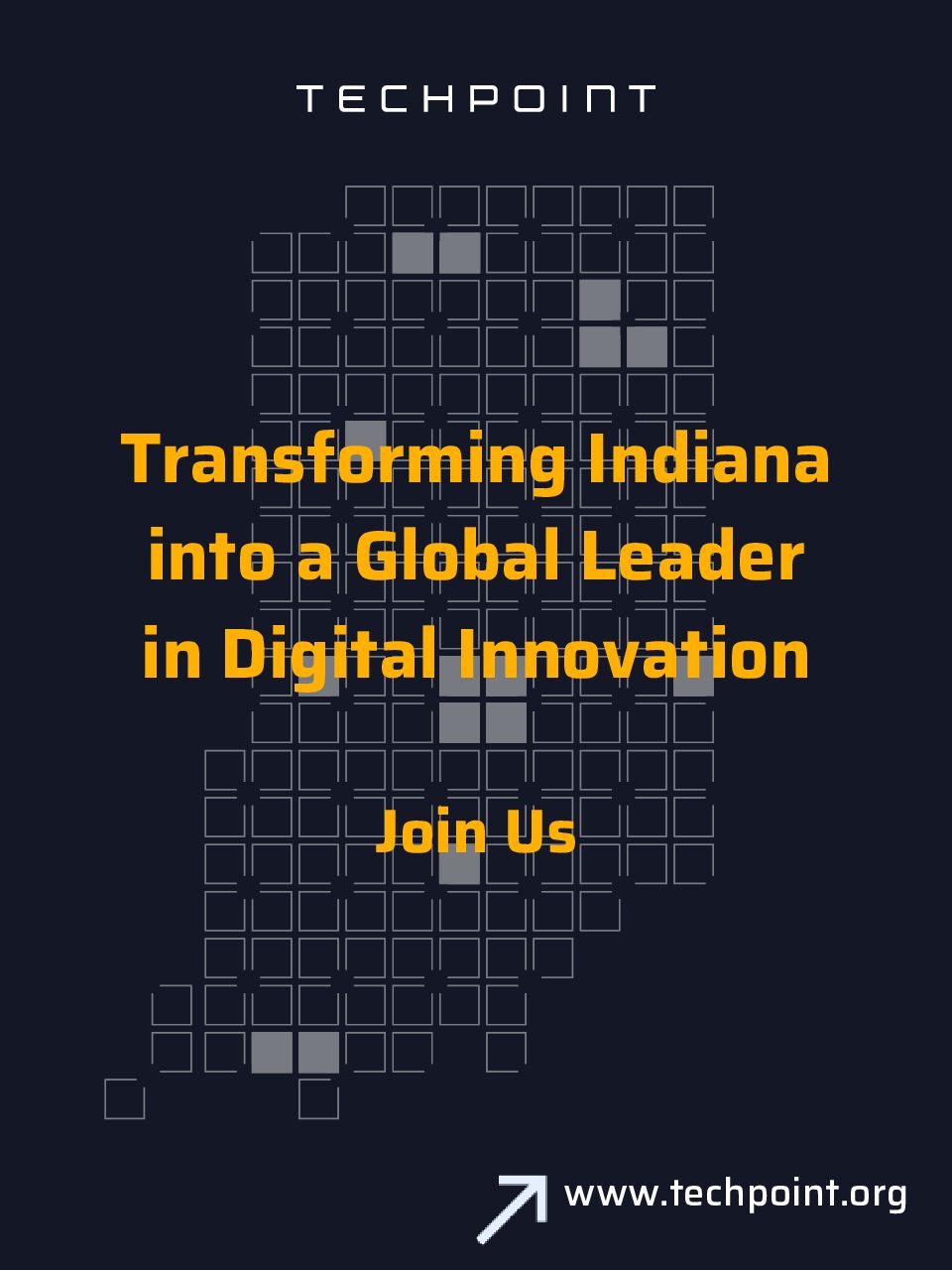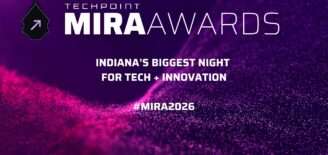Hiring neurodiverse professionals is key to helping Indiana’s tech talent concerns
There’s a lot of talk about hiring neurodiverse individuals in the tech industry, but we often fall short when it comes to putting those words into action. The truth is, we need more neurodiverse employees and we need them now.
What Does Neurodiverse Mean?
Neurodiverse means people with different ways of thinking and different ways of processing information. Communicate. The term “neurodiverse” was coined by Judy Singer in 2000 to describe individuals whose brains work differently from the way most people’s brains work— diagnosed or not.
Neurodiverse people include those who may have autism spectrum disorder, dyslexia, attention deficit hyperactivity disorder (ADHD) or other cognitive differences that impact their ability to learn and communicate.
Neurodiversity is not just an academic concept: it has real-world implications for businesses seeking to hire talented employees who represent this diverse population. Some companies focus on accommodating workers with disabilities. Others are looking beyond physical capabilities to find candidates whose minds can solve complex problems better than anyone else could ever hope to do so. Some are doing both.
The Value of Acknowledging Neurodiverse Professionals
We’re already seeing the benefits of hiring neurodiverse employees. They bring fresh perspectives to the workplace, which can help companies stay ahead of the curve. Neurodiverse employees can bring innovative solutions for common problems or suggest new products for needs going undiscovered and unmet.
Neurodiverse individuals offer a great return on investment for businesses. In addition to their fresh ideas, they also tend to be highly motivated and creative problem solvers who don’t mind taking risks if it means finding an answer faster than expected. They are also uncommonly loyal to the organizations that show them respect.
Why You Should Hire Neurodiverse Individuals
Neurodiversity has been incorrectly thought of as a burden to an organization; it’s actually an advantage.
These are people who have unique skill sets and experience and perspectives you may not otherwise ever consider.
When considering candidates, don’t just look at skill sets, experience and education—look at diversity of thought. A truly diverse team opens opportunities to think differently about problems and come up with innovative solutions.
Accommodations for Neurodiverse Professionals are Simple & Cost-Effective
Accessibility is not a static concept. It is an ongoing process of learning and adaptation for everyone. Creating a more diverse and inclusive workplace requires company leadership to think about how to make spaces accessible for employees with disabilities, not just those who can afford their own assistive technology devices or who live in states with comprehensive Medicaid coverage. The need for these accommodations may arise because of physical disabilities (such as epilepsy) or visual impairments, intellectual disabilities, mental health conditions (such as anxiety disorders), autism spectrum disorder, ADHD (attention deficit hyperactivity disorder), dyslexia, hearing loss, or any combination of those and other conditions.
Simple changes in how you conduct meetings, install software on computers, or communicate with those who use assistive technology could make a big difference in someone’s productivity and career growth potential. These accommodations can help your larger team learn and adapt as well.
Using accessible meeting spaces, email chains with write-in boxes for people who can’t read text messages well enough to respond quickly without assistance or making sure all employees have access to assistive technologies will also help every employee become more aware of their environment and more comfortable interacting with co-workers who have different needs than them.
Recruiting Neurodiverse Employees
There are many frameworks and some software tools available to help companies navigate the hiring process. Still, most companies continue to focus on hiring traditional candidates. Recruiting candidates with cognitive differences can be challenging because you may not readily identify them unless the candidate offers that information.
Tips to demonstrate your company welcomes neurodiverse employees
- Create a culture of inclusion and diversity by stating it clearly in job descriptions and company marketing materials. This will help create a safe space for those who may feel marginalized due to their differences.
- Create a neurodiverse-friendly interview process. This will help ensure candidates with cognitive differences feel more comfortable during their interviews with you. For example, you can use a video chat service instead of in-person interviews or using technology like Microsoft’s AI-powered WordQ tool, which helps people with dyslexia who need assistance writing job applications.
- Be aware of the impact you have on other people. By making your organization neurodiverse-friendly, you’re showing those who are neurodiverse that they matter and that their needs are just as important as everyone else’s.
- Create a neurodiverse-friendly environment. This will help people with neurological differences feel more comfortable while working at your organization. Provide accommodations such as a quiet space that enables individuals to address their sensory needs as needed.
- Be aware of how you treat people with neurological differences. Check in with employees who have a diagnosis or learning more about the condition to better understand what they need from you.
- Don’t assume that people who are neurodiverse are less capable of doing their jobs. By showing those who have a diagnosis that you care about them and their needs, they’ll know they belong at your organization.
Inclusivity Is Key to Growing the Indiana Tech Ecosystem
TechPoint has called on the Indiana tech ecosystem to improve diversity, equity and inclusion in workplaces and in hiring practices through its Mission41K. Making an effort to hire neurodiverse workers won’t just help with that effort; it will open your eyes to the high value these individuals bring to the tech workplace.




